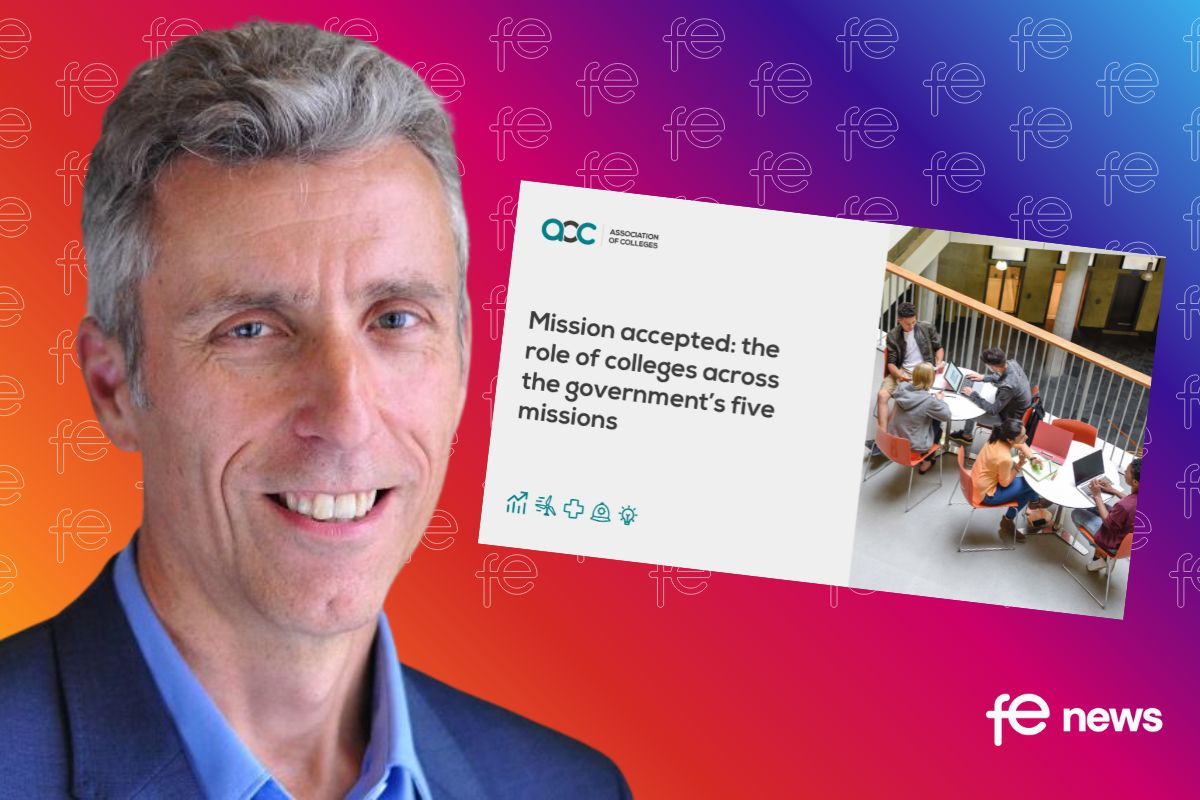We are proud of the way that UTCs transform the lives of their students

The Education Policy Institute has just released an 85 page document which purports to be a rigorous academic study of University Technical Colleges (UTCs).
Its conclusions are that UTCs fail to deliver for students and that the government should consider a policy redesign.
The report has pretensions to academic rigour and respectability but these do not stand up to scrutiny. The authors have never visited a UTC.
They also took no notice of emerging evidence of the success of these innovative types of schools; for example, we have just published the destinations of our 18 year-olds leaving UTCs and they were excellent for the fourth year running:
- Over 87% of UTC students have gone on to university, apprenticeships or full time employment. This compares with a national average of school and college leavers of 74%.
- 74% of UTC leavers going to University have started STEM related courses compared to a national average of 46%.
- Over 500 UTC leavers (29%) have started apprenticeships offered by the country’s leading employers including Aston Martin, the Royal Navy, JCB and Rolls Royce. UTC leavers going into the Royal Navy’s accelerated apprenticeships in 2018 are starting on an average salary of £31,000. Someone starting a degree apprenticeship can expect by the time they are 22 to be better off than a normal graduate. They will have been earning a good wage since leaving the UTC, had an outstanding education and get their degree with no debt. Most schools ignore their 18 year olds going on to apprenticeships, since university entrance is the only measure of success. For UTCs good quality apprenticeships are front and centre of what we do.
The EPI also ignored evidence of the previous education of the 4,000 students joining UTCs at 14.
This showed that nearly 7% of our students had been excluded before coming to us against a national figure of 0.17%.
The home educated rate is 3.6% against a national average of just 0.5%. This shows just how challenging the UTC intake can be and yet still we have fantastic destinations and we increase the life chances of all our students.
We are proud that UTCs transform their students’ lives in this way.
The system requires children to change schools aged 11, whereas the employers who back UTCs prefer to deal with 14-19 schools.
A UTC has an adult feel as the average age of the students is around their seventeenth birthday.
Some UTCs have struggled to recruit at the non-standard age of 14 years old, and so we have decided to relax our license conditions so that UTCs can open a pre-UTC feeder school, where this is justified by local demographic conditions.
They will cater for children aged 11-14 years old who leave primary school with a love of technology, engineering and science.
The first pre-UTC feeder school in Dartford, North Kent, has just started its second year and is already hugely oversubscribed.
We believe that these pre-UTC feeder schools will be hugely attractive without compromising the high-quality technical education and profound employer engagement that UTCs themselves deliver from 14 to 19
UTCs are innovative. They are disruptive. They don’t fit comfortably into the system.
Politicians find it hard to accept that something so fundamental is needed in England.
In spite of these headwinds, we have opened 50 UTCs since starting the UTC programme in 2010.
Just under 14,000 students are benefitting from a good quality technical education, with a clear pathway to the skilled jobs that employers find so hard to fill.
We do not need a policy redesign as the EPI suggests, we need many more UTCs building on their success and on what we have learned so far.
Charles Parker, CEO, Baker Dearing Educational Trust











Responses